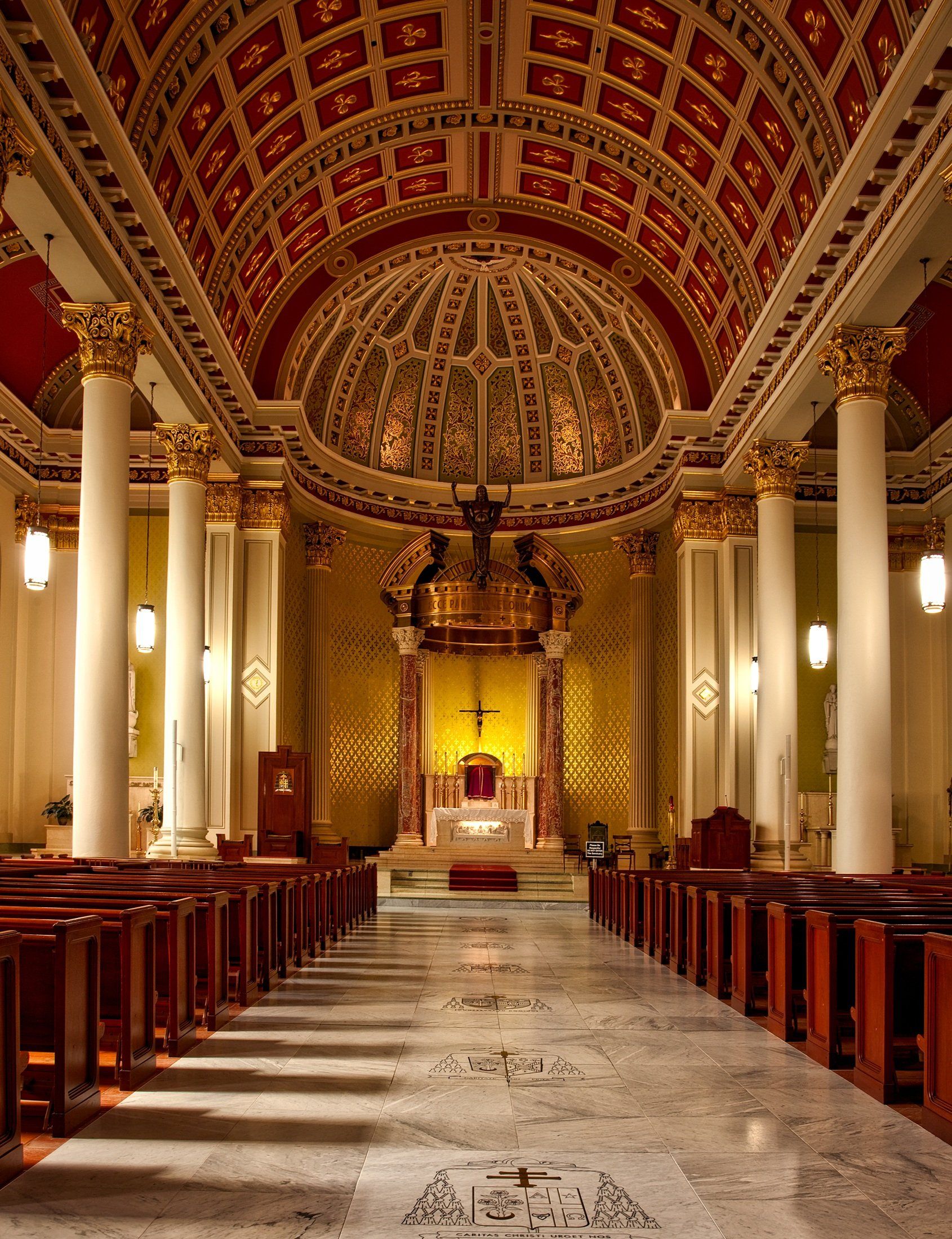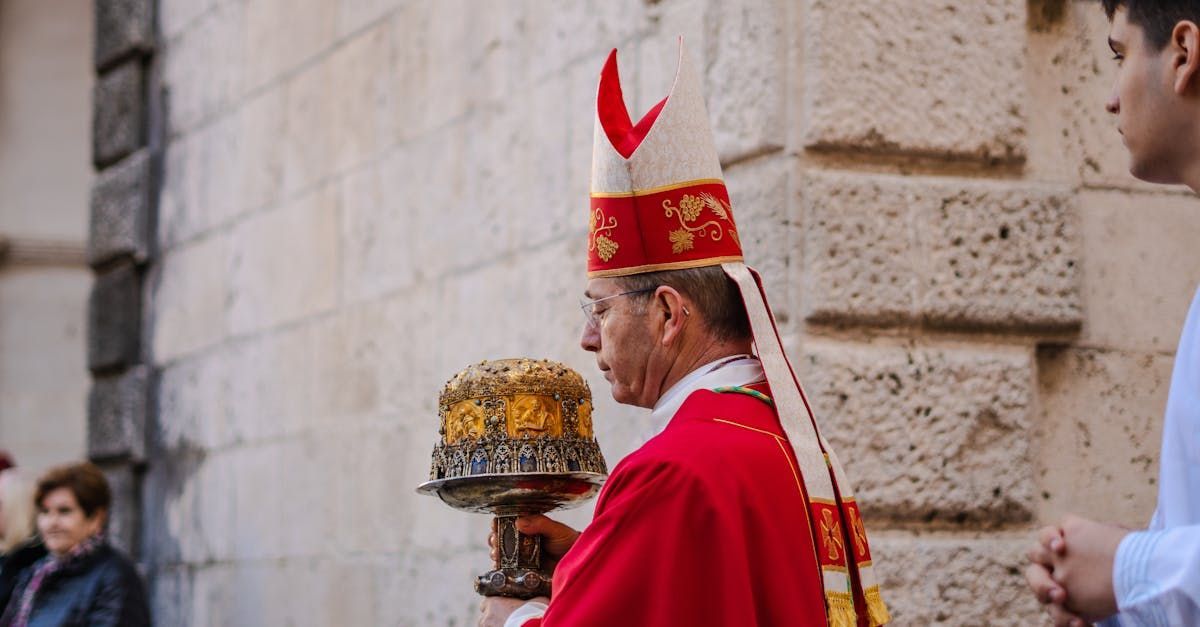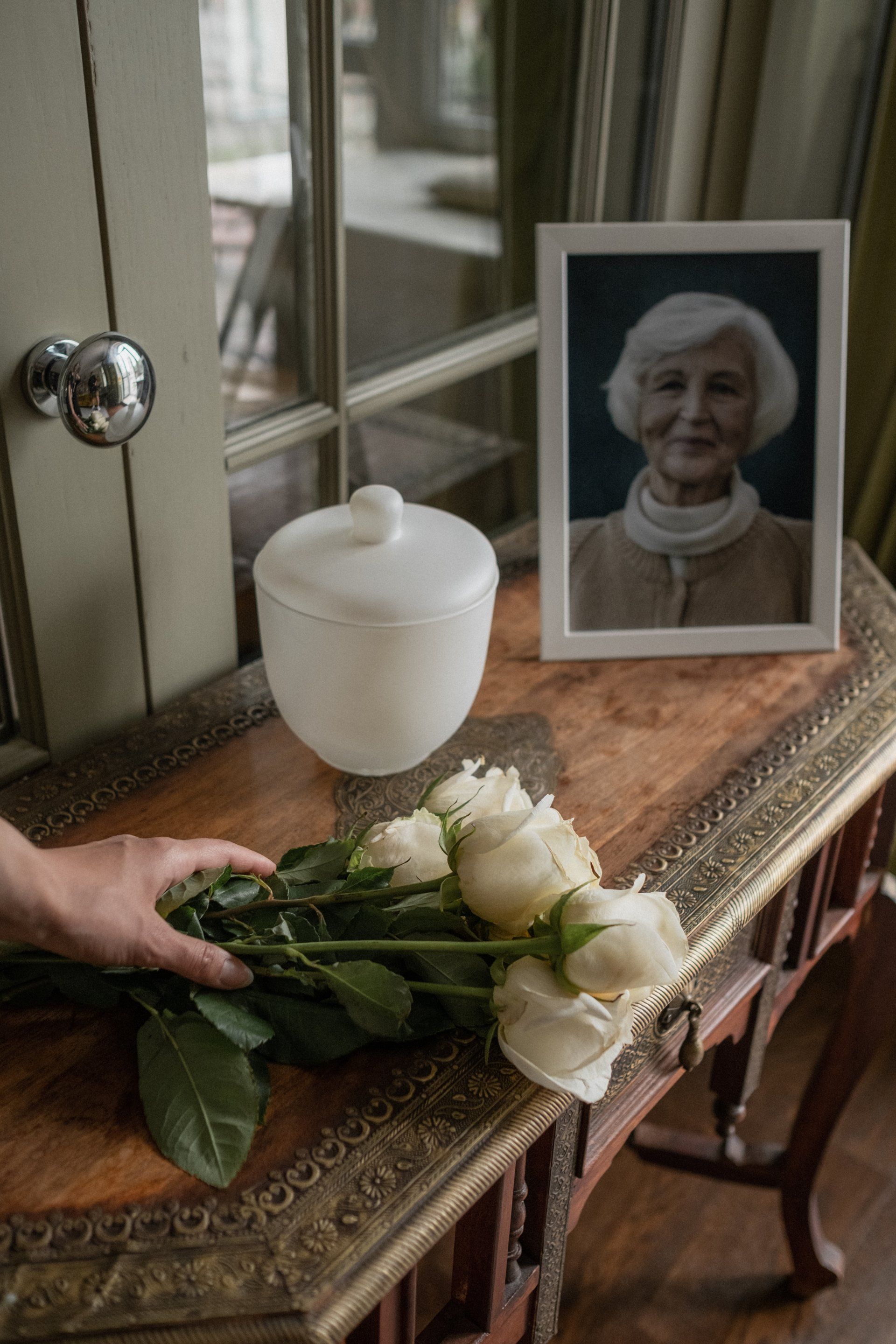Nuestra Hermana Muerte Corporal
«Loado seas, mi Señor, por nuestra hermana la muerte corporal,
de la cual ningún hombre viviente puede escapar. / ¡Ay de aquellos que mueran en pecado mortal!: / bienaventurados aquellos a quienes encuentre en tu santísima voluntad, / porque la muerte segunda no les hará mal.» — Cántico del sol, S. Francisco de Asís
Puede sorprendernos escuchar en el Evangelio de hoy que hay judíos que no creen en la resurrección de los muertos. Para nosotros, la resurrección es una cuestión de hecho, no abierta a discusión. Sin embargo, en el tiempo de la vida de Cristo, no hubo una revelación o enseñanza definitiva acerca de la resurrección. En ninguna parte del Antiguo Testamento Dios le enseña a Israel que resucitarán de entre los muertos. Ciertamente había muchos judíos que creían en la otra vida y que algún día resucitaríamos. De hecho, en el libro de los Macabeos, después de la gran batalla por Jerusalén, los supervivientes dieron limosna y rezaron por los que habían muerto en el conflicto. Pero había otros, como los saduceos de hoy, que no creían en la resurrección de los muertos porque no formaba parte de la enseñanza de Dios a Israel.
Si pensamos por un momento en el poder absoluto de Dios, reconocemos que pudo haber destruido la muerte por completo. Por la muerte y resurrección de Cristo, pudo haber quitado la necesidad de la muerte. Pero el no lo hizo. En cambio, lo transformó en un pasaje de esta vida a nuestra morada eterna. En el sentido de nuestra vida, la muerte es en realidad algo bueno. Es extraño decir eso, pero es verdad. Desde la perspectiva de la fe, la muerte es buena. Hay un viejo cliché que dice: «En la vida solo hay dos certezas: la muerte y los impuestos». La muerte para los cristianos es el común denominador. Es lo que nos hace a todos iguales. Todos tenemos literalmente una fecha de caducidad.
Lo que hace la muerte por nosotros es darnos un cierto tiempo para ordenarnos enteramente a la buena voluntad de Dios. Es una realidad que todos tenemos que afrontar. No tengo todo el tiempo del mundo para elegir seguir los preceptos de Dios. Si me desvío y sigo mi propia voluntad, cada día es menos tiempo para volver a Dios.
Desde la perspectiva de la vida interior, es bueno meditar de vez en cuando sobre nuestra propia muerte y la realidad del cielo y del infierno. Fuimos creados por Dios para estar con él para siempre. Esto es lo que llamamos cielo. En diferentes épocas y diferentes culturas, hemos visto imágenes y representaciones del cielo. En verdad, sin embargo, no sabemos cómo será el cielo. Todo lo que sabemos es que la gracia de Dios estará llena en nosotros, cuerpo y alma, por toda la eternidad. Nada nos faltará y nada nos faltará. Así como tenemos visiones del cielo, también tenemos representaciones del infierno. Se representa como un lugar caliente con fuego, demonios torturando a los condenados. Pero me gusta la descripción que hace Dante del infierno en su Divina Comedia. Mientras Virgilio conduce a Dante hacia lo más recóndito del infierno, el aire se vuelve más frío y él comienza a temblar. Y cuando Virgilio comienza a mostrarle a Dante el diablo, señala un vasto lago congelado. Y Virgilio explica: Satanás está congelado en el lago porque es el más alejado del calor del amor de Dios. Para Dante, el infierno no es un horno en llamas, es un páramo helado, frío y oscuro. De hecho, diferentes épocas y diferentes culturas tienen diferentes imágenes del infierno. Pero de esto podemos estar seguros: el infierno es una completa privación de la presencia de Dios en el alma y en el cuerpo. Es completa desesperación y tristeza, mientras que también cada célula de nuestro ser físico sufre y suspira por algo que la consuele.
En el momento de nuestra muerte, experimentaremos inmediatamente nuestro propio juicio individual. Por nuestras obras, ninguno de nosotros merece el cielo. Sin embargo, Dios es un juez misericordioso. A los que mueran en estado de gracia, con todos los pecados mortales de su vida lavados, se les dará la vida eterna en el cielo. Sin embargo, si queda la mancha del pecado mortal en nuestras almas, nuestra morada eterna serán los sufrimientos y dolores del infierno para siempre. Y es importante que reconozcamos esta realidad. Nuestras decisiones, palabras y acciones tienen consecuencias no solo en esta vida, sino sobre todo en la siguiente.
Todos morimos. Todos daremos cuenta de nosotros mismos ante el Juez Justo. Después de nuestro juicio individual, seremos destinados al cielo o al infierno. No podremos discutir ante Dios diciendo: «¡Pero! Yo quería hacerlo mejor. Quería amarte y vivir tus mandamientos». No seremos juzgados según nuestros deseos e intenciones. Seremos juzgados por lo que hemos hecho y lo que hemos dejado de hacer.
Algunos creen que Dios es tan misericordioso que excusa a todos de sus fechorías. Y la buena noticia es que lo hace. Pero no a nuestro juicio. Dios perdona nuestros pecados cuando nos acercamos al tribunal de la misericordia, que llamamos «sacramento de la penitencia». Cuando nos hemos descarriado por el pecado, cuando hemos seguido nuestro propio camino, cuando hemos ignorado sus mandamientos, podemos volvernos a él y suplicar con tristeza su perdón. Nuestro juicio individual es demasiado tarde para pedir a Dios que sea misericordioso. En ese momento, si pedimos misericordia, Dios nos mostrará cada momento en el que pasamos por un confesionario o sacerdote en estado de pecado mortal. Y luego, reconociendo nuestra propia terquedad y falta de atención a la gracia de Dios en la vida y las oportunidades de confesarnos, nos condenaremos al infierno. Miren, no es Dios quien condena al infierno; nos condenamos al infierno por el pecado y la rechaza de su misericordia a lo largo de la vida.
Con eso entendido, alabado sea Dios por su misericordia. Le alabamos por su Iglesia que dispensa fielmente su misericordia. Y lo alabamos por lo que San Francisco de Asís llamó «Nuestra Hermana Muerte Corporal». ¡Qué hermoso es eso! Viviendo una vida de obediencia a Dios, San Francisco podía contemplar su propia muerte y llamarla su hermana. Y como somos un pueblo de fe, también alabamos a Dios por la muerte. Sin la muerte, no habría motivación ni límite que nos animara a volvernos a Dios.
Pastor's Ponderings












